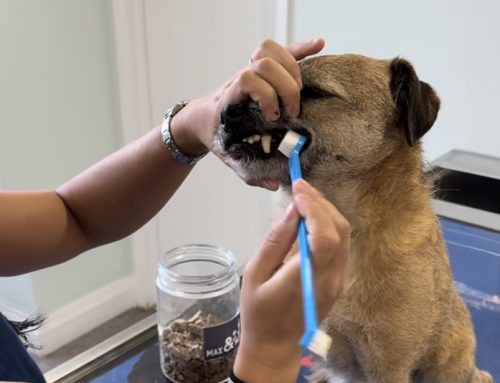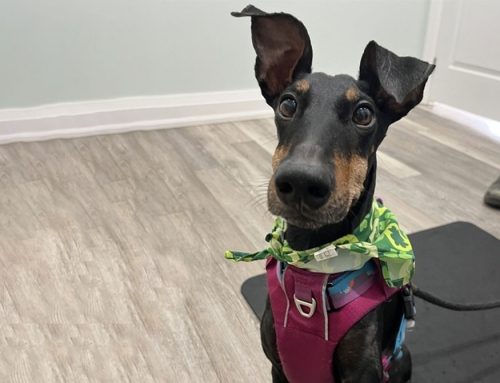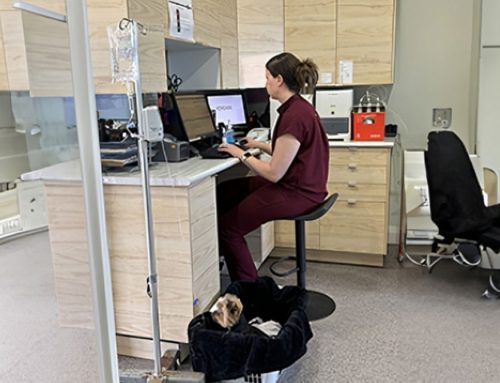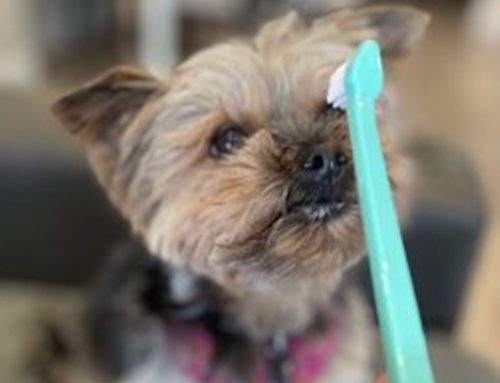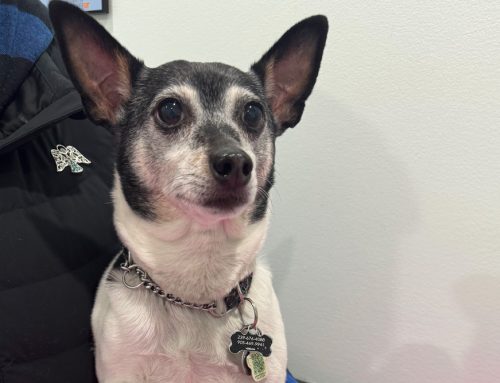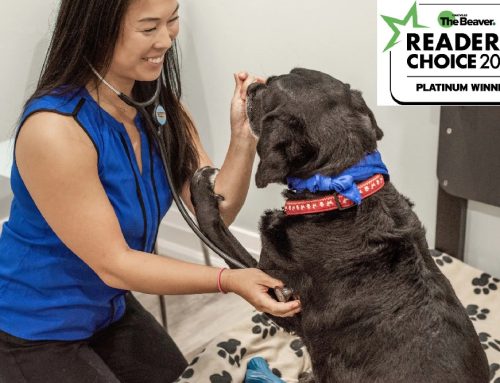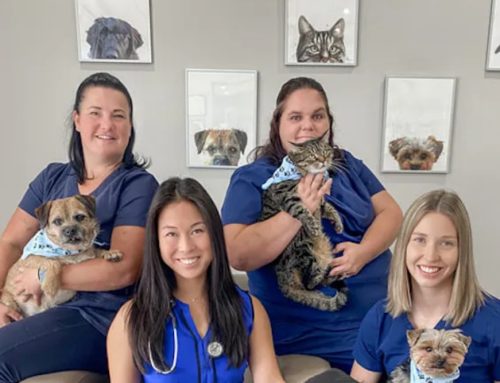Your Puppy’s First Year: Caring for and Training Your New Best Friend
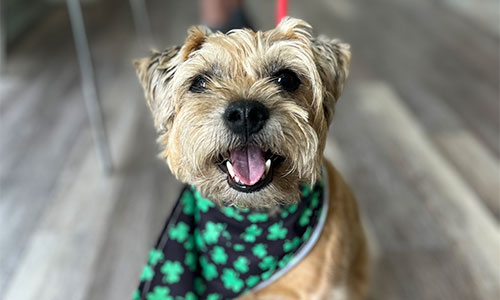
The first year of a puppy's life is one of wonder as both of you experience all the love, joy, and fun you bring to each other. However, that fun comes with a lot of hard work as you and your puppy navigate your first year together.
A puppy’s first year is a crucial and formative time, and understanding the different stages of this period is essential to provide them with the best care and support. From the initial excitement of bringing your puppy home to the challenges and joys of their early development, each stage requires unique attention and care. In this overview, MAC Animal Clinic explores the critical stages of a puppy's first year and the importance of proactive care and planning to foster a healthy and happy relationship with your new furry family member.
Month 1: Settling into a new home
Before bringing your new puppy home, you want to ensure they will feel safe and comfortable. To do that, remove potential hazards, such as small objects, toxic plants, and electrical cords. Move cleaning supplies, medications, and other hazardous substances out of reach. Provide a designated area for your puppy with a comfortable bed, toys to chew on, and access to food and water. Many puppies are already used to a crate, but crate training is an excellent way to ensure your new family member feels comfortable and secure. It also serves as a safe space for your puppy during times when you can’t supervise them.
During this initial month, your primary goal should be to establish routines your puppy can learn to rely on. Introduce them to their designated potty area and establish a routine for regular potty breaks. Establish a consistent routine for feeding, potty breaks, playtime, and training sessions as well to help your puppy adjust to their new home.
Plan to bring your puppy to see us within the first 24 to 48 hours after they arrive at your home. Once you know when you’re bringing your puppy home, schedule your first check up in advance. During your puppy exam, we’ll talk to you about any questions you have, as well as:
- Perform a complete physical exam to assess the overall health of your puppy
- Explain the need for parasite control and prevention
- Discuss a vaccination schedule and start or complete any needed boosters
- Talk about behavior and training
- Discuss nutrition and exercise needs
We’ll also set up a schedule for future visits because, just like human babies, puppies need several checkups and vaccinations to ensure they are growing well and protected from disease.
Months 2 to 4: Growth and development
Puppies have a biological window for socialization from 3 to 12 weeks of age. During this critical period, you can help set your puppy up for future success as a well-adjusted dog by gradually exposing them to different sounds, smells, and objects. Start with your immediate family and then introduce other people and animals. Of course, you need to ensure your puppy is not exposed to diseases, so check with us about their vaccination status before taking them too far afield.
Months 5 to 8: Training and socialization
Enrolling your puppy in training classes is a good idea by about 6 months of age. Puppy classes can give you the tools to help your puppy become a socialized and well-behaved dog. For example, you’ll learn basic commands every dog should know—stay, sit, come, and lie down—and how to teach them to your puppy. Puppy training is also a great way to expose your furry family member to different environments and experiences, helping them become more confident.
Use bonding activities to strengthen your relationship with your puppy. Regular playtime, grooming, and short training sessions are all wonderful ways to enhance the friendship the two of you have.
Months 9 to 12: Adolescent phase

During the adolescent phase, it’s essential to adjust your training methods to accommodate your dog’s changing needs and behaviors. Patience and consistency are key when adapting your training techniques to guide your dog through this developmental stage. Consistent training and positive reinforcement are also vital to help your dog develop good behavior and manners.
As your puppy transitions to adulthood, it’s important to gradually adjust their exercise and feeding routines to suit their changing needs. Consult your veterinarian to ensure your dog receives the proper nutrition and exercise for their age and breed as they mature.
Your puppy’s first year will feature many joys and challenges. Remember to take them all in, enjoy them, and celebrate your puppy’s milestones and achievements. MAC Animal Clinic looks forward to being your trusted resource and guide for any questions or concerns about your puppy’s first year and beyond. Contact us to schedule a wellness visit or if you have any questions. Check out our New Pawrents Guide for more information.

